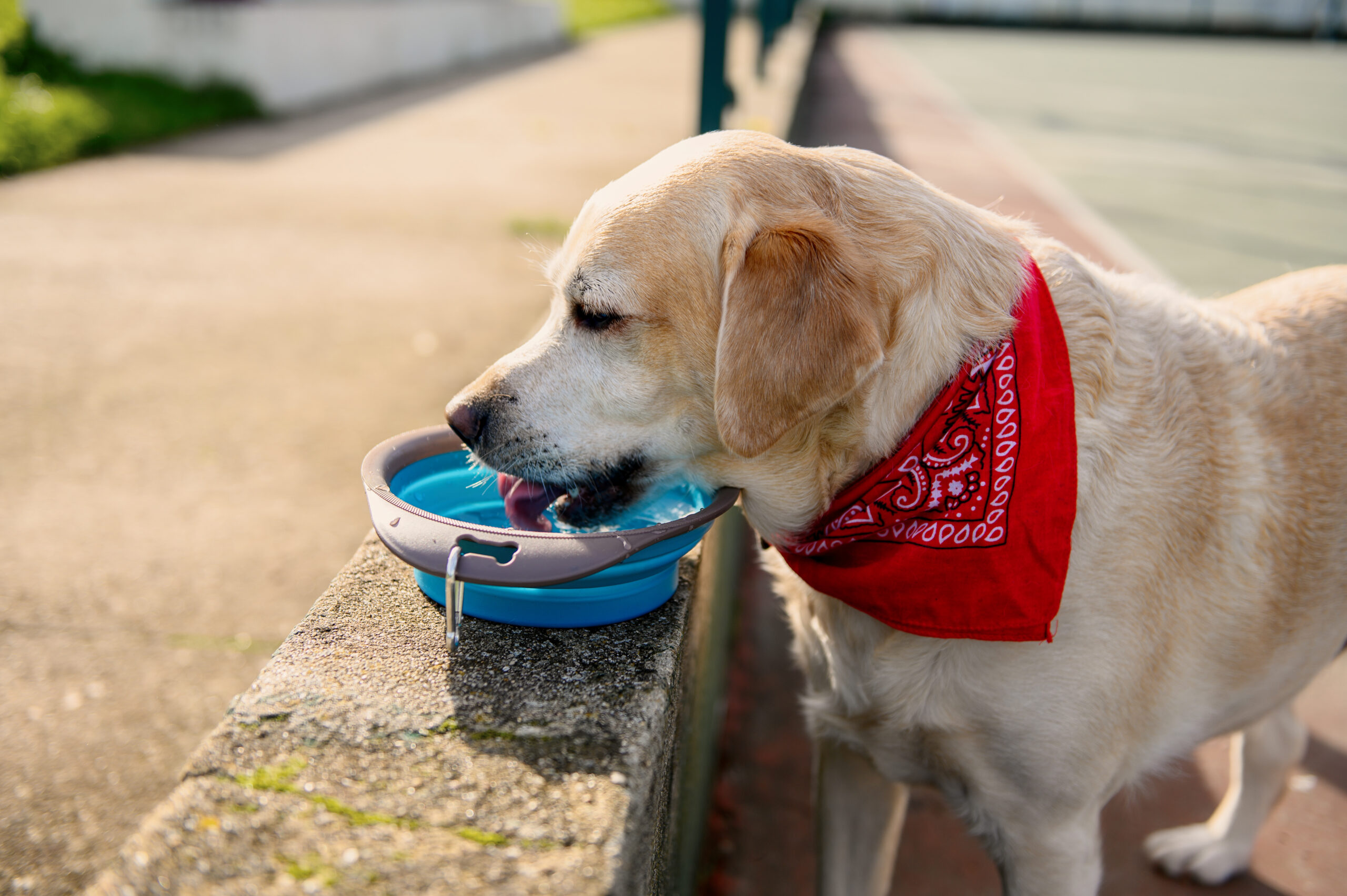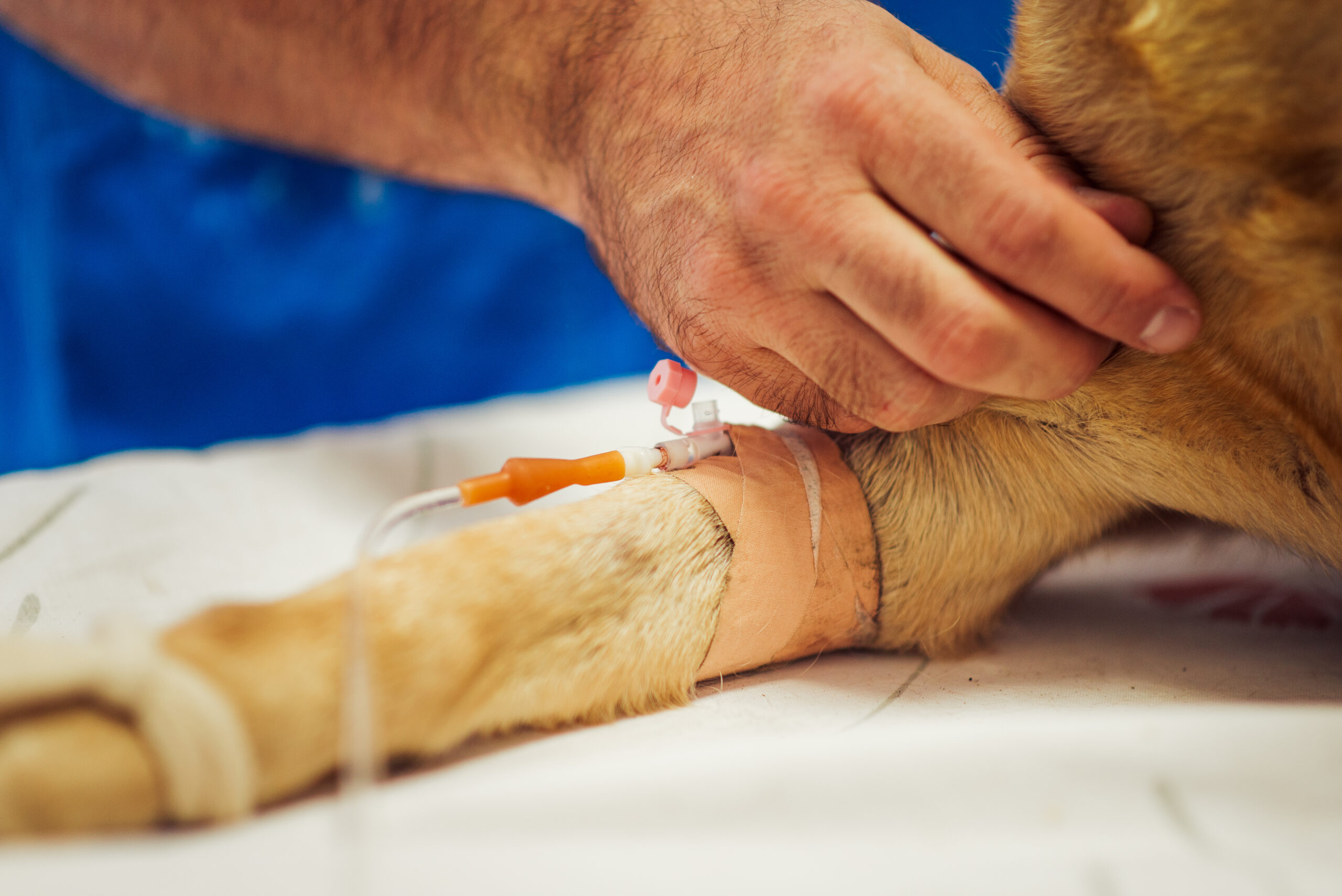
Your dog’s kidneys play a vital role in their overall health. Most importantly, they filter your dog’s blood and eliminate the wastes created as byproducts of normal metabolic processes, such as digestion and energy production. They also help regulate your dog’s blood pressure and stimulate red blood cell production. However, the kidneys are sensitive to a number of possible insults, and their function can quickly become compromised. Acute renal (i.e., kidney) failure can impact many of your dog’s normal internal functions, and become life-threatening without prompt and aggressive treatment. Our team is fully equipped to manage dogs with acute renal failure, and give them the best chance of recovery.
What is acute renal failure in dogs?
Acute renal failure is a sudden decrease in kidney function that results from an unexpected insult. Your dog’s kidneys are composed of hundreds of thousands of microscopic filtering units called nephrons. As blood flows through the kidneys, waste products diffuse into the nephrons and are eventually eliminated as urine. Acute renal failure affects the kidney’s ability to filter waste products from the blood, allowing them to accumulate, and your dog becomes sick. Water conservation is also affected, and dogs with acute renal failure may lose too much water in the urine, and become dehydrated. In severe cases, the kidneys may produce little urine, or shut down and cease producing urine.
What causes acute renal failure in dogs?
Anything that suddenly and negatively impacts your dog’s kidneys can lead to acute renal failure, and common causes include:
What are acute renal failure signs in dogs?
Acute renal failure signs mainly result from waste accumulation in the bloodstream of affected dogs, which makes them feel ill, and may include:
If you suspect your dog has acute renal failure, pursue treatment immediately, as the disease progresses rapidly and can quickly become life-threatening.

How is acute renal failure treated in dogs?
Acute renal failure requires prompt and aggressive treatment to support the kidneys while they heal. With acute renal failure, kidney function may return, whereas with chronic kidney disease, kidney function is permanently lost, and the disease progresses over time. Dogs with acute renal failure need hospitalization and intensive treatment, which may include:
How can I prevent acute renal failure in my dog?
While you cannot prevent all causes of acute renal failure , you can avoid ethylene glycol toxicity and leptospirosis infections, which account for approximately 65% of acute renal failure cases. Follow these tips to keep your dog safe:
If your dog develops ARF, our experienced team is available to provide the most advanced treatment options. Contact us to discuss immediate, aggressive treatment that will offer your dog the best chance of recovery.